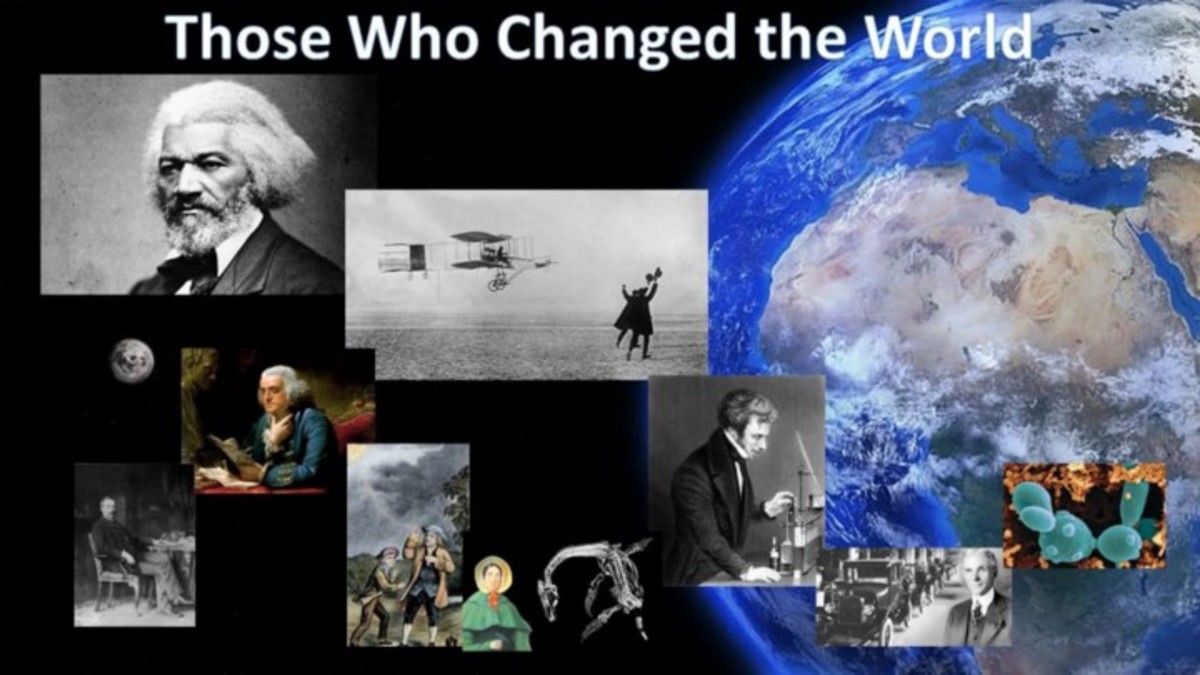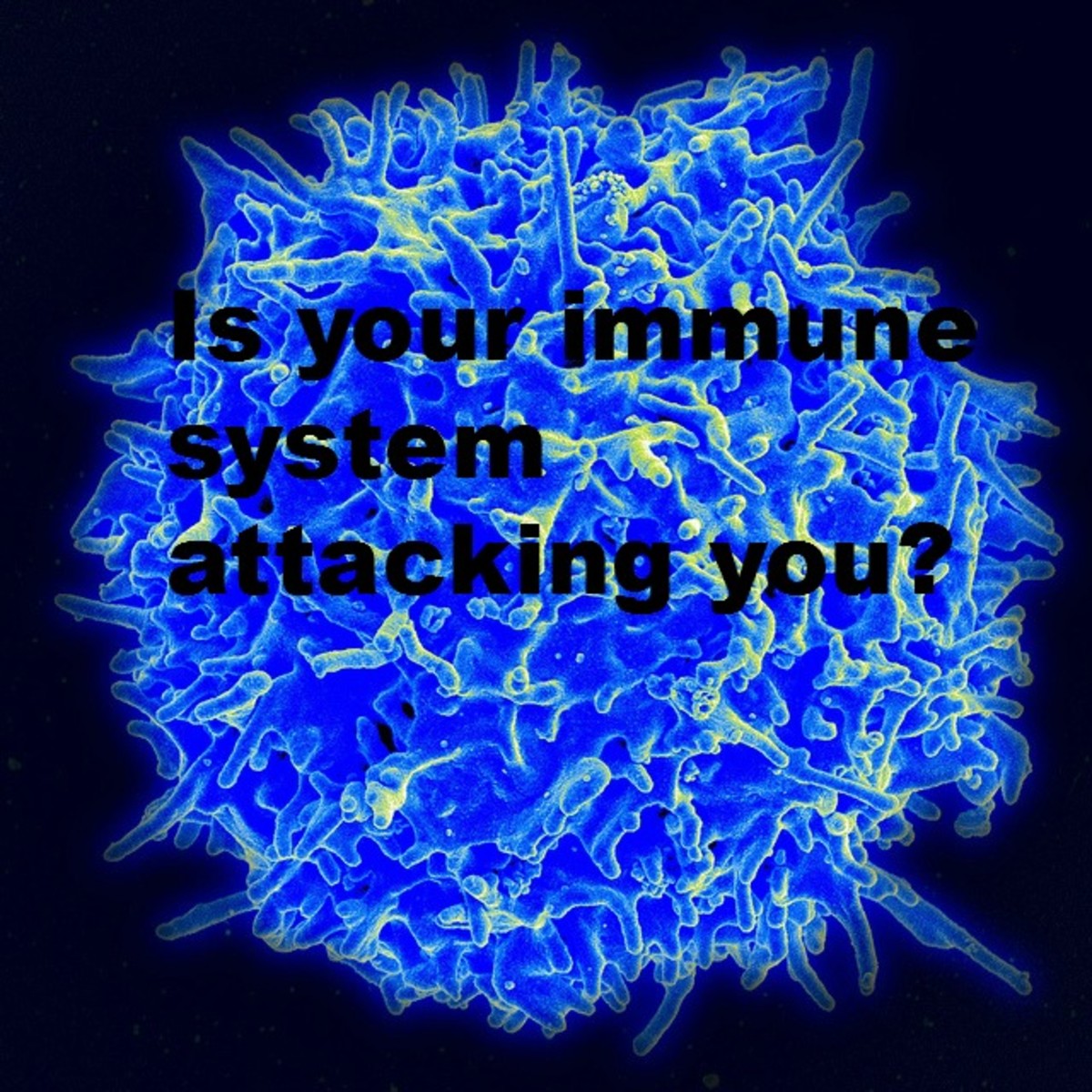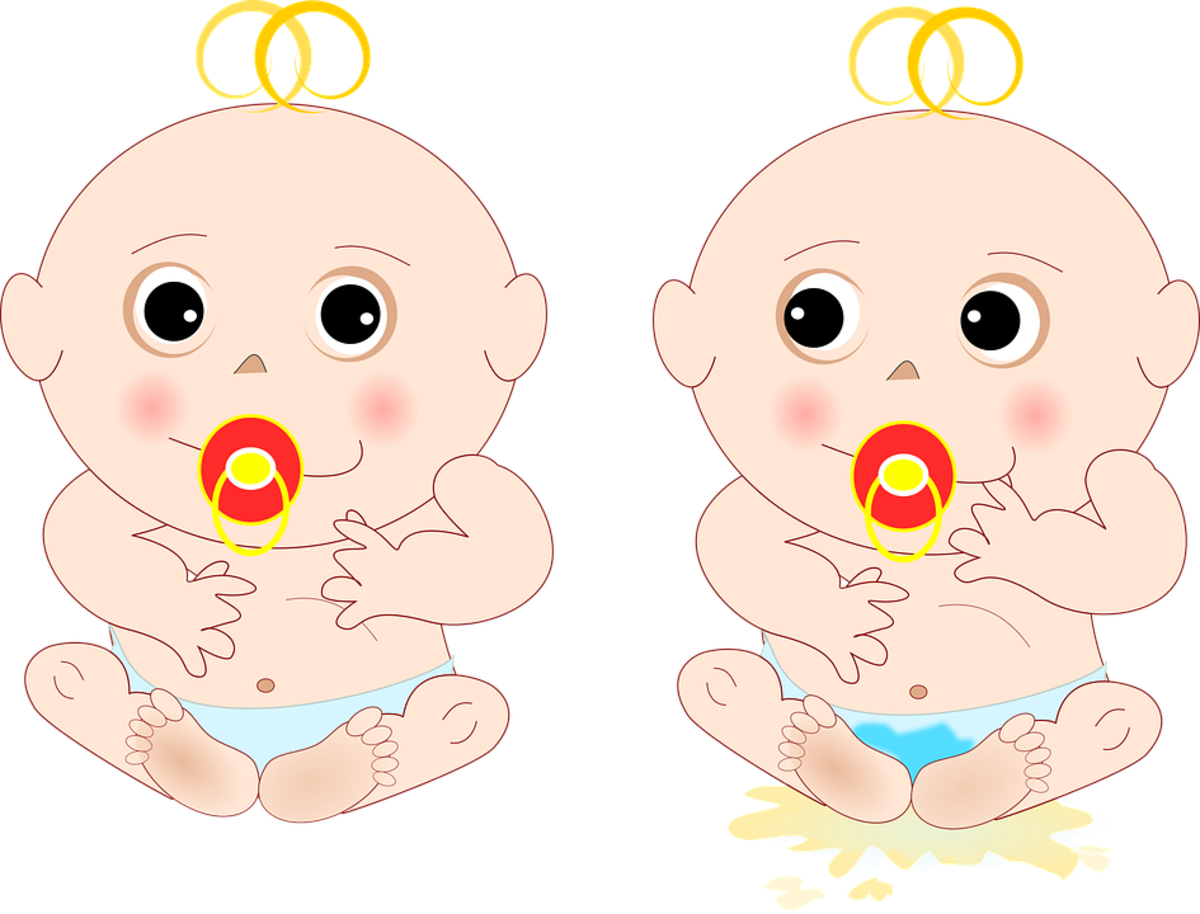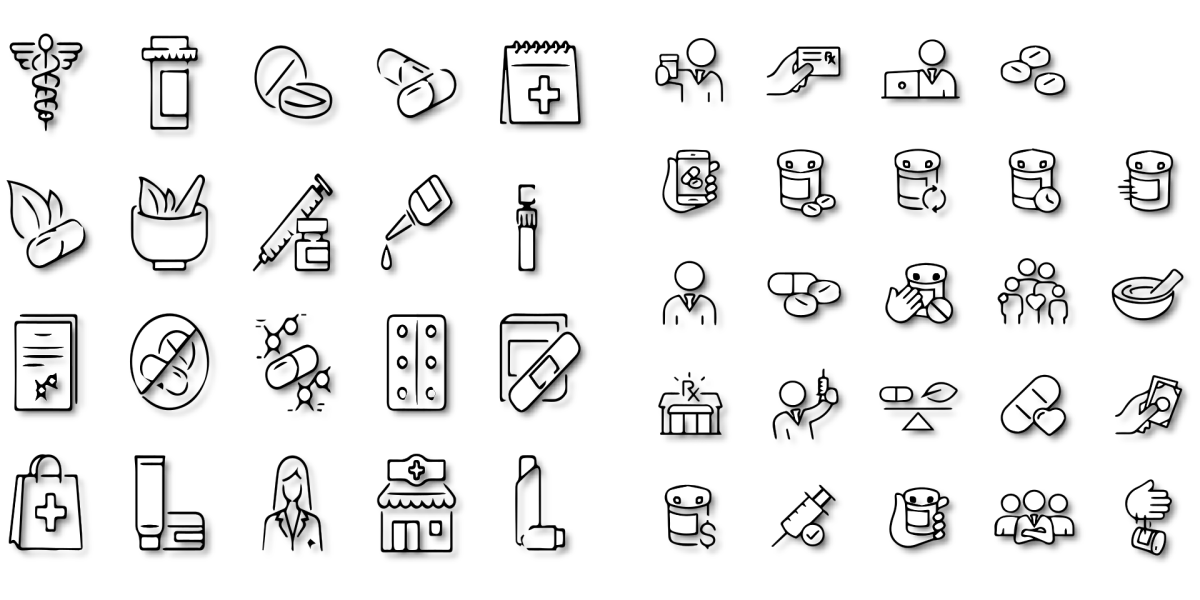Are All Germs Bad?
A Little History
Are all germs bad germs? Should we eliminate germs at all costs? Germs cause my family to be unhealthy, right?
Humankind has made much progress from the “bad old days” when people died by the thousands from all kinds of epidemics of diseases such as typhoid fever and cholera. That was before modern medicine, and before the scientific breakthrough showing that diseases were caused by germs.
What were then called simply “germs,” we now know by their subtypes of bacteria and viruses.
Even doctors did not know any better back then, and moved from patient to patient without washing their hands between, and indeed, with their bare hands as well. The doctor himself could have been a disease carrier, spreading some infection from one patient to another.
Imagine! Water Used to be a Bad Thing!
Water used to be considered harmful; bathing was infrequent. People then believed that you would “catch your death of cold” by bathing, or by opening windows. I can only imagine the stench of being in a crowd of people back then. The reason the perfume industry began was in an effort to mask body odor! Women used to carry scented sachets or hankies to hold near their noses when in an area where many people were gathered.

All Germs Are Bad, Right?
Then, the “modern miracle” of cleanliness was discovered, medical science also progressed, protective equipment came about, and today, we have state-of-the-art means of infection suppression and control, not to mention our arsenal of pharmaceuticals to cure whatever ailments may still manage to grab a foothold in our bodies.
However, the pendulum has now swung the other way to most ridiculous extremes. People are so terrified of being exposed to “germs” that they are over-sanitizing themselves, You see, along the road to modern medicine, all germs became classified as bad, and a rigorous effort was made to eliminate them. All of them.
Finding the Invisible Invaders

Can We Banish Every Germ?
We have not yet succeeded in total elimination of all germs on the planet; we probably never will, and that is a good thing. Because you see, all germs are not bad. Some are actually beneficial. There is much truth to the old farmer’s saying of “you have to eat a peck of dirt before you die.” Well, a peck is an old-fashioned measure, and is approximately a quart. Sounds like a lot of dirt, doesn’t it? Well, naturally, you won’t eat it all at once, and not literally dirt, or literally eat it, either.
It simply means that you can’t be paranoid about things that are not sterilized. Few things are sterile. I recall an incident when my firstborn was at the crawling stage. The pediatrician I had back then was a real piece of work, one of those still hung up on sterilizing everything. Sterilize the baby bottles; sterilize the toys, etc. He even told me to boil milk for five minutes before allowing her to drink it. I was a young and inexperienced mother, and took him at his word. After ruining a saucepan, I never did that again.
At her next appointment, when he told me to boil her toys, rattles, teething toys, etc. I flipped. That is neither possible nor sensible. I sarcastically asked him whether I should also boil her fingers after she’d crawled about the floor. I don’t think he got the joke, or the point of the sarcasm.
I’m probably lucky he didn’t report me to Child Protective Services! Luckily, he retired soon after, and I ended up with a young woman pediatrician who possessed common sense.
The Way it Works; Why We Need Germs
The thing about germs, and the point of the old saying is simply this: the body does a pretty good job of resisting disease and infection. It does so by producing antibodies against specific germs, whether it is a bacteria or a virus. When the foreign organism invades, the job of the antibodies is to respond with “I know you—you’ve come sneaking around here before—well, guess what! This time I’m ready for you!”
The immune system then kicks into action, and floods the bloodstream with these antibodies and white cells to boot out the intruder.
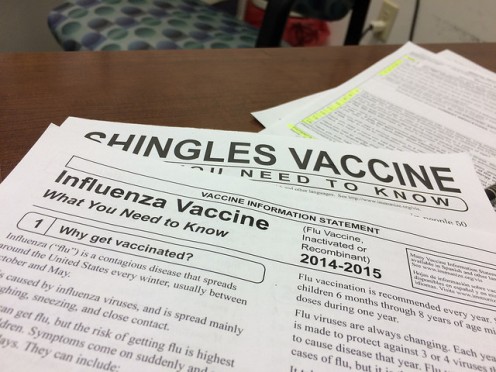
The catch is, if the invader is new, the body does not recognize it— and you will get sick. Perhaps only mildly, perhaps very ill. It depends upon your existing state of general health, and the strength or virulence, of the invader. Once you are well again, you now have antibodies that will remember if the same germ approaches again.
That is the entire concept behind vaccines. You are given a small dose, either diluted or dead, of the particular infecting agent. Most of the time, you won’t get sick at all, but it is enough to provide a basis for recognition should a full-blown form of that disease come at you in the future.
Shameful History
There is a lesson from history that illustrates this point emphatically. During the early days of the westward expansion of the United States, when the cavalry was battling with the Native Americans (then called “Indians”), someone in charge figured out that the natives had no immunity to white men’s ailments. Where the soldiers could not beat them on the battleground, they forged false treaties, and gave them gifts.
Unfortunately, and to the enduring shame of the perpetrators, the “gifts” in several instances were woolen blankets. Infected, unwashed blankets that had come from hospitals treating smallpox, tuberculosis, and other such diseases that back then were often fatal.
In other words, the army decided on mass slaughter by disease instead of risking loss of their troops in battles. It was a campaign of what we today would call biological warfare! Those diseases were not found among the native population—they had no immunity, and died by the hundreds and thousands.
Clean, But Not Paranoid
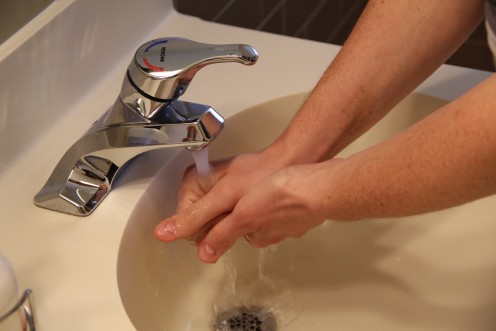
A Little Education Can Be a Dangerous Thing
Now, however, the entire populace is more-or-less fully educated about the idea of germs, and the pharmaceutical corporations and the companies that manufacture everything from hand soap to carpet cleaners have jumped on the anti-germ bandwagon.
This has created a generation of germophobes, who go overboard in trying to keep their persons and their homes as germ-free as a hospital operating room. It is a futile, and senseless effort.
Don't Go Overboard!
The latest advertised item on this list of useless and unnecessary products? A motion-activated soap dispenser, so you or your family members don’t have to touch a pump, which may, of course, be dirty and ‘full of germs’ you don’t want your family to catch.
Seriously?
You’re touching the “dirty pump” before you get the soap! All the "nasty germs" will be washed down the drain!
Kids are going to get sick and share colds and sore throats. It is inevitable. But if you try to live your life in a germless bubble, you will fail miserably: it is not possible.
Even if you succeed in keeping your home as germ-free as humanly possible, you are doing yourself and your family a disservice. Why? Because their bodies are being deprived of the opportunity to manufacture those all-important antibodies!
Too Much of a Good Thing?
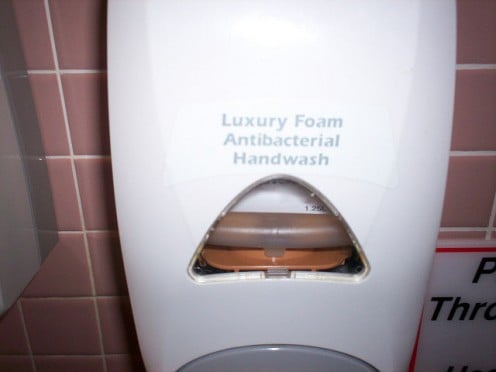
Good Germs/Bad Germs
Of course there are two sides to every coin, the saying goes. So it is with germs. Good ones and bad ones.
There are beneficial bacteria that live in our guts. Without them, digesting our food would be difficult, and we would be in distress quite a bit, trying to balance what and what not to eat, or trying to ingest special foods to re-introduce the beneficial bugs. Alternately, our doctors might simply push a regimen of pills at us, which never actually fixes the underlying problem.
There have been accidental discoveries, such as penicillin, which was found via a slice of moldy bread. Then there is the mold that gives us blue and roquefort cheeses.
Bad germs are the ones that can cause strep throat, mumps, measles, and the like. Though there are now vaccines against all but strep and tuberculosis (TB). To qualify, there is a vaccine for TB, but it is not used in the United States, because of low risk of contracting the disease these days, and also because it can interfere with the TB exposure skin test.
Long Live Germs!
Worrying about germs to that extent is little short of OCD or outright paranoia. You just can’t live your entire life in fear and pass that fear along to your children. We are becoming a society afraid of our own shadows; taught to be ‘victims’ instead of being strong and learning to take care of ourselves.
To be sure, there were horrible epidemics in history that wiped out entire villages and families, but unless you live in a third-world undeveloped country, those days are long past.
My generation grew up centuries after the discovery of germs, and a couple of decades after the discovery of vaccines. We were the post WWII "Baby Boomers" of the late 1940s and the decade of the 1950s.
Nonetheless, we sometimes dropped our sandwiches and continued eating them; we played in the dirt; we had mud fights and got dirt all over our faces and sometimes in our mouths; we kissed the dog; we went outside with wet hair; we went camping and didn’t always wash our hands before eating.
Heck--we invented the “3-second rule.”
Somewhere along the line, we learned not to eat dirt and we learned to wash our hands. We learned about ‘good germs’ and ‘bad germs.’ We stopped kissing the dog on the lips. And, we are still alive, hale and hearty in good health for the most part. We don’t get sick at the drop of a hat, and if we do, we fight it off quickly.
We lived to the fullest. We played and had fun. We survived and we thrived!
The germs are dead! Long live the germs!
© 2011 Liz Elias

